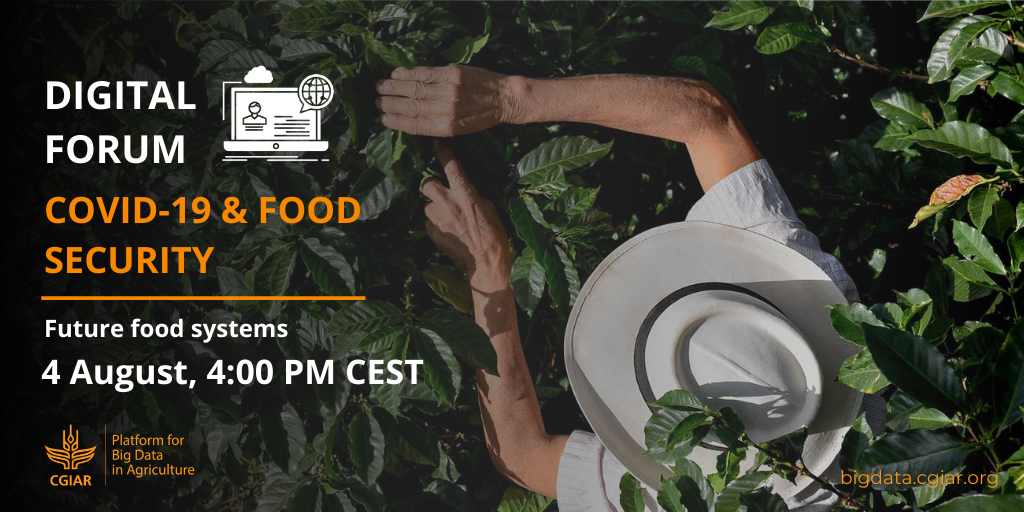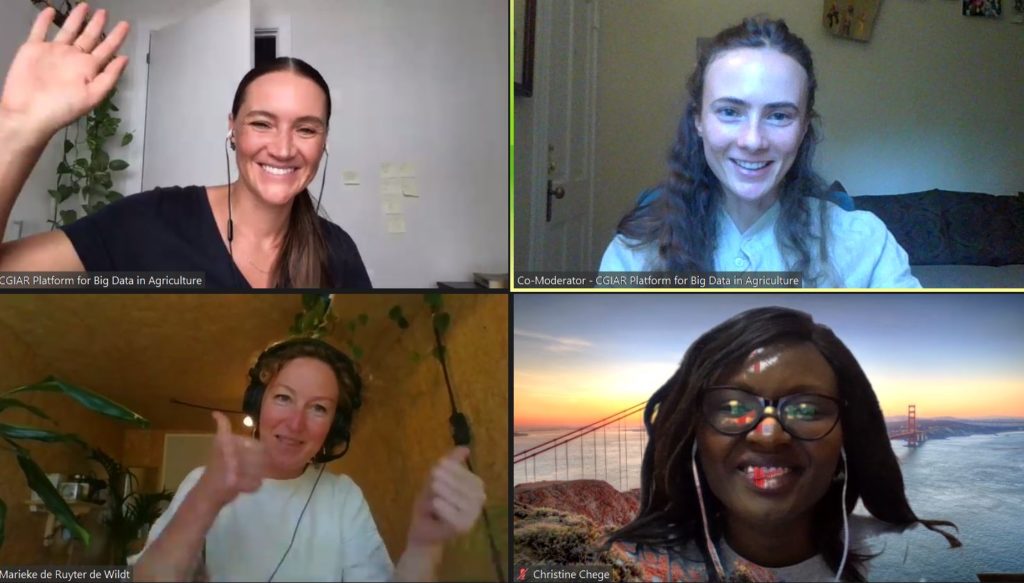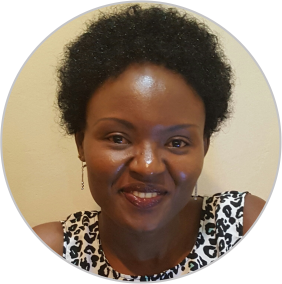WEBINAR SUMMARY – Big data & COVID-19: Future food systems (Eps. 6)
The sixth episode of our Discussion Series: Big data solutions to COVID-19 & food security, brought together two panelists to discuss future food systems.
From using satellite remote sensing to monitor crop harvests to leveraging social media data to track population dynamics that may influence the spread of disease, big data tools and approaches have been instrumental in sensing and responding to the pandemic’s impacts on global food security and supply chains.
As we begin recovering and (re)building resilient food systems, we must leverage the power of big data to examine concepts of resilience and inform our understanding of how digital dynamism enables adaptive food systems in the face of shocks, and, in the longer term, addresses systemic issues in agriculture that have been exacerbated by the COVID-19 crisis.
The sixth panel, held 4 August, brought together two panelists to discuss future food systems.
WATCH THE RECORDING HERE
Here are the main take-aways from each of the speakers:
Christine Chege
Agri-Nutrition and Food Systems Specialist, The Alliance of Bioversity International and CIAT
Christine Chege is an Agri-Nutrition and Food Systems Specialist with the Alliance of Bioversity International and CIAT. She has over 10 years’ experience working on agriculture-nutrition linkages. Her research focuses on consumer behavior, understanding and intervening in the food environments to improve nutrition, value chains for nutrition, sustainable food systems, nutrition and food security, inclusive business models, private sector engagement, and market system development.
Key takeaways from Christine Chege
- The Hungry Cities project, in partnership with Twiga Food, links all actors in the distribution system, from the source to retailers and consumers; the entire system is linked through a mobile phone technology, supporting an improved supply of commodities from producers, and delivering food to consumers in urban environments;
- The Alliance provides technical support on using big data–through market models, consumer research and specific information on fruit and vegetable consumption, focusing on how the private sector can address the needs of consumers;
- Recent research shows that the pandemic is affecting food security for urban populations, with big impacts on consumers living in slums (i.e. over 90% of them were affected, having fewer, smaller meals, with less nutritious foods);
- The private sector can use information on produce consumption to supply more nutritious foods to disadvantaged categories.
Marieke de Ruyter de Wildt
Founder, The New Fork
Tanzanian-born Marieke is the founder of The New Fork, a blockchain for agrifood company based in Amsterdam, the Netherlands. She started her career with computer science at Wageningen University and worked on farm data for 20 years, in over 40 different countries. New technologies, like blockchain, accelerate positive impact on farmers, consumers and our global society. The New Fork is passionate about increasing the adoption of new tech in global supply chains
Key takeaways from Marieke de Ruyter de Wildt
- The New Fork helps the agrifood industry grasp what new technologies are about and how to use them;
- Since 2019, the company has worked with several global partners to help people understand technology and apply it in real-life situations;
- When the pandemic started, the New Fork decided to come together with this partners to make sense of what has happening in the food system; they agreed there was an information chaos developing, as the digital infrastructure of the food system still has many gaps and does not connect data systems well enough;
- There is a need to evolve from a decentralised model to a network economy, a distributed economy with a much more robust system;
- Blockchain could be one of the most important technologies allowing the shift to a distributed economy;
- Blockchain would give data integrity to the food system, with permanent, verifiable information on the products we produce and consume; it also allows for a more real-time communication;
- Food systems have become so complex it is very difficult to trace a product from farm to market – thus, the need to invest in digital systems.
August 4, 2020
The BIG DATA Team
CGIAR Platform for Big Data in Agriculture
Latest news








